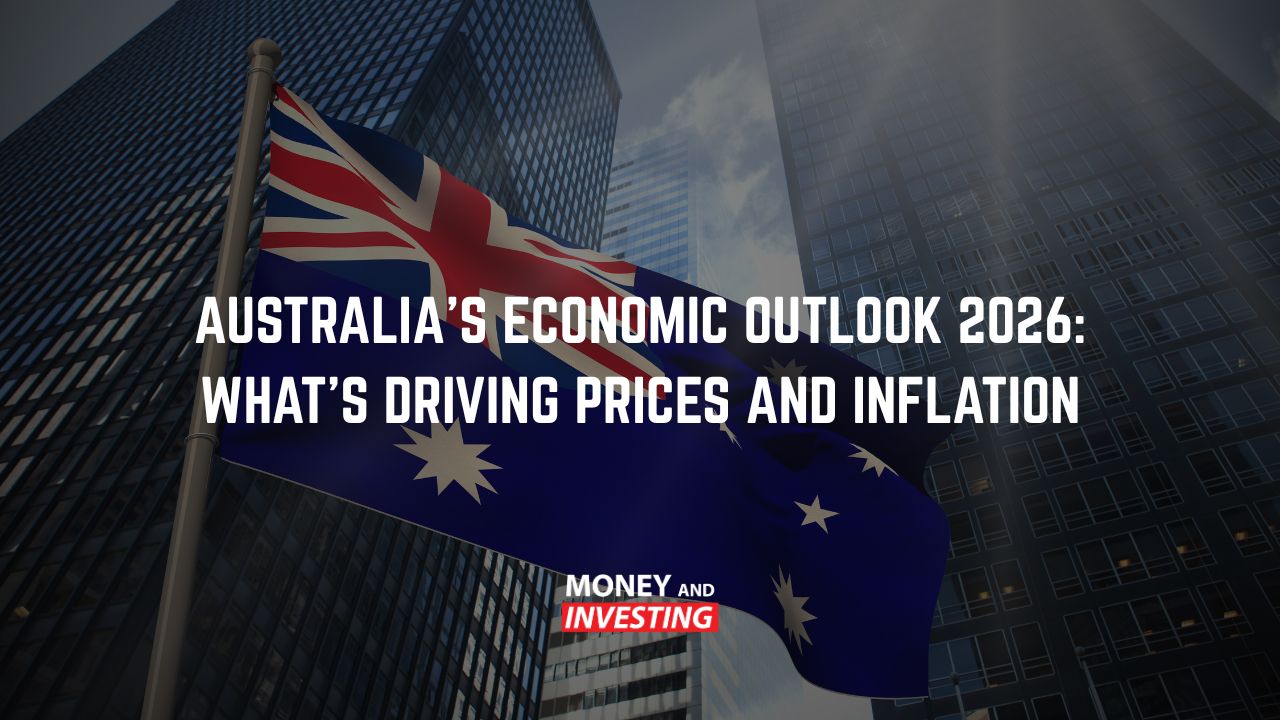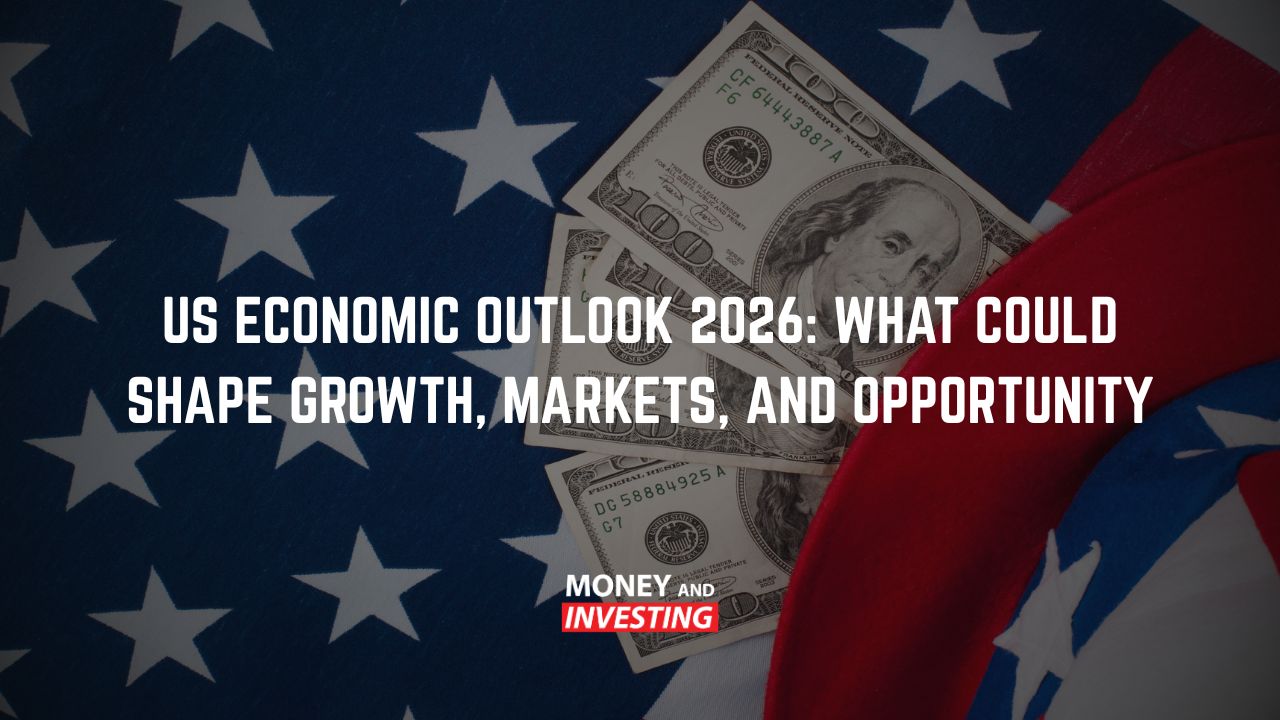Industry Super
If your industry super fund has recently underperformed – you are not alone. In this week’s Money and Investing Podcast, join your host Andrew Baxter as he systematically and objectively breaks down industry super funds and what you should be getting out of your super.
Industry Super – Expectations and Realities
There’s no question that superannuation is a great idea in terms of setting Australians up for retirement but in terms of industry superfunds, there are hidden risks that need to be recognised. By means of general sentiment, investors are under the impression that industry super is the best means of growing their super for retirement and is generally low risk. CBUS is a superfund which invests the superannuation of its members into building and development projects. Host Andrew Baxter points out that CBUS’s model allows for the fund to invest in projects that its members may be working, which is a conflict of interest.
With a superfund, as well as its members being so heavily invested in the construction space, there is a distinct lack of diversification, opening up sector-specific risk for the members. Complaints may generally be about the small returns of industry super, but investors need to be aware of the risks associated as well.
Regulatory Risk
The financial service industry is heavily regulated in Australia but that does not mean providers will always behave in line with the rules. The number 1 duty of any financial service provider is to prioritise their clients’ best interests and their actions should reflect that but often do not. Unfortunately for investors, the behaviour of management is outside of their control but they are the ones who stand to suffer the most when their investments go south because of misconduct.
Listen in as Host Andrew Baxter provides a recent specific example of how Hostplus has introduced a fee levy for its members to be set aside. Shockingly, the money raised from the fee levy are designed to be set aside to protect the company and its director from any trouble should they contravene any regulations in the market. At its core, it is a financial service provider charging its members to protect the company should the company do the wrong thing.
Performance Risk
As the saying goes – out of sight, out of mind. It is difficult to progressively track a superfund’s performance because the portfolio is not readily available for members. Although some industry super has performed well over the last couple of years, host Andrew Baxter points out that being in such a bullish market and making money should not be surprising to investors. So far this year, we have seen much choppier conditions than the last couple of years and this is where members should really be looking to track how their industry super is performing. Noting that it is a long-term game, there is no need to check the day-by-day progress of a fund, but checking every once in a while can provide insight into whether an industry superfund is worth it.
Every now and then, individuals and institutions alike will have bad periods. The reality is performance is not going to be great every month, but for an industry super to be underperforming regularly should send the alarm bells ringing in the heads of fund members.
Moving Away from Industry Super
Managing super is a daunting prospect to the everyday person and not knowing what to do usually leads to inaction. Host Andrew Baxter lends a hand in knowing where to look when you want to move away from industry super. As alternatives, we can look to retail superfunds as well as self-managed superfunds. Retail funds are typically run by banks or other financial institutions, and provide investors with greater flexibility. Risk profiles are generated to align a specific investor with a range of investment strategy options. Retail super allows for options in terms of providers too, as moving between funds is relatively cheap and easy.
Likewise, self-managed super funds have become increasingly popular as investors have been dissatisfied with the performance of their super funds. SMSFs provide the greatest level of flexibility as the money is managed in a way specific to that individual investor. It is important to be aware of your options because at the end of the day, you are the one most concerned by the performance of your super.
Advice for Self-Managed Super Funds
There is nothing wrong with trying to reduce costs, but sometimes saving in the short-term can harm us in the long-term. Host Andrew Baxter’s outlook is that we may have cheaper options to do something, but from time to time we get what we pay for. Converting to a Self-Managed Super Fund is tricky business and mistakes can be costly. Seeking the help of a professional is a key part of getting your super set up right. Although there are some online providers of advice which can help you for a discounted price, paying the money for certainty in your SMSF can pay dividends in the long-run.



